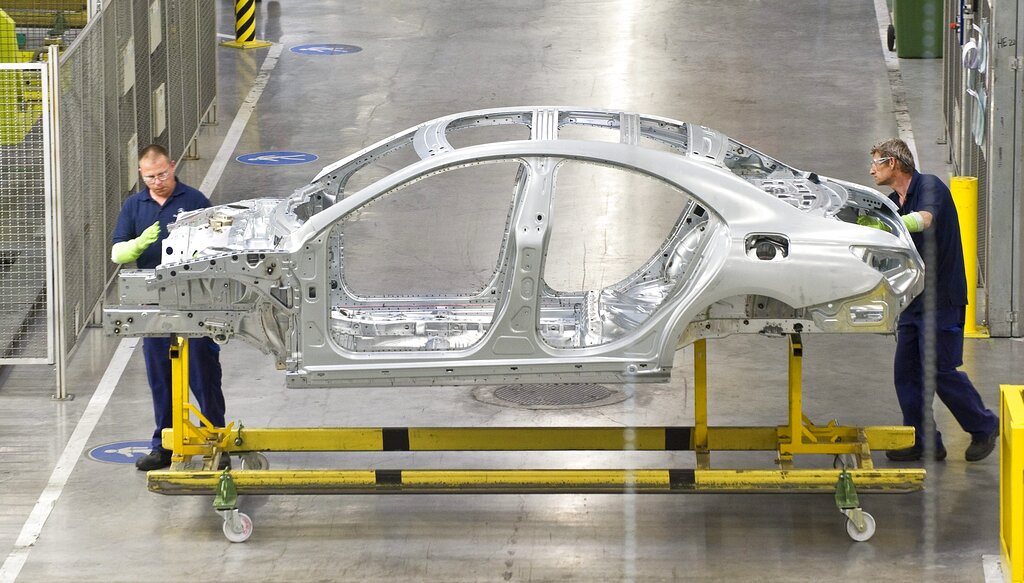Despite Mercedes-Benz planning to move more production to Hungary, Baden-Württemberg’s Transport Minister Winfried Hermann (Greens) appears to have no real issue with the move. On the other hand, German workers are set to feel the pain.
Mercedes Financial Director Harald Wilhelm explained at the end of February that in the next three years, around 100,000 fewer cars will roll off the production line in Germany, while the production number at Hungary’s Kecskemét plant will be increased to 200,000 units.
The minister has lashed out at Mercedes in the past, according to the Frankfurter Rundschau, for example, saying they only build cars for “sheikhs and the rich” due to the company expanding its luxury line. There is also increasing concerns over layoffs.
Given the Greens’ antagonism towards Hungarian Prime Minister Viktor Orbán, one would perhaps expect anger at moving production there, but apparently he received the news with little concern.
“We are a group. However, it is crucial that the global corporation’s central units, such as research and development, and the corporate headquarters, remain in Baden-Württemberg,” Hermann told the Stuttgarter Zeitung.
As Remix News previously reported, Germany is increasingly on the path towards deindustrialization. Last year, the country lost a staggering 120,000 manufacturing jobs.
The decline has been relentless, with the Federal Employment Agency stating that the number of employees has been falling every month since August 2023. With Germany’s economy under its left-liberal government greatly struggling, the manufacturing sector was one of the hardest hit.
“The number of employees in the manufacturing sector also fell more sharply during the 2020 coronavirus pandemic and as a result of the 2009 financial crisis,” the employment agency stated






